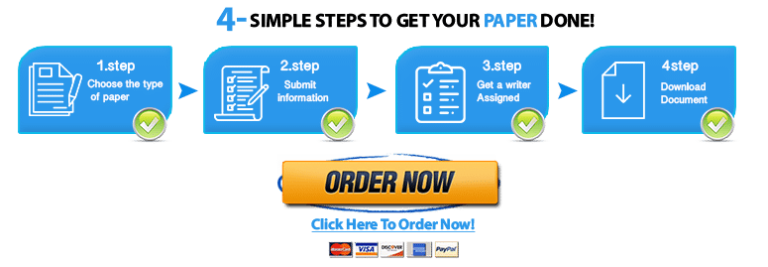On September 18th, the United States Environmental Protection Agency (EPA) found that Volkswagen, a formally reputable manufacturer of diesel vehicles, had been cheating regulated emission tests by incorporating a “defeat device” into their software controls [1].
The software code recognizes when the vehicle is being run under emission testing conditions versus regular driver operation.
- If the software detects testing conditions, exhaust passes through emission control systems that reduce air pollutants such as particulates and nitrous oxides (NOx).
- If the software detects normal operation (e.g. a human driving the vehicle), engine exhaust bypasses the emissions controls and any unabated NOx and particulates escape to the atmosphere.
- When engine exhaust bypasses emission controls, the vehicle’s overall fuel economy improves (greater MPG), which in turn lowers carbon dioxide emissions.
Using recently published literature (news articles, industry websites, etc.), uncover the underlying details of the above VW scandal. A number of articles are referenced to get you started [2-5]. You should look at newer research and articles. After thinking about what you read, answer the fundamental ethical questions surrounding the scandal. Be sure to cite as you write and include a list of references in IEEE format at the end of this assignment.
Fundamental Ethical Questions
(1) Identify the underlying ethical issues.
(2) Stakeholders
Who are the various stakeholders in the case? What are their interests?
Who/what are negatively and/or positively impacted by the case?
(3) Ignorance
As an engineer deciding what to do next in this case, are there any relevant facts that are either unclear or unstated? What are they? Why are they relevant? Who needs to know them? Who could discover them and how?
(4) Codes and Cannons
As an engineer deciding what to do next in this case, what are the relevant professional codes? What do these codes suggest should be done next? Are there any important conflicts in what they suggest?
(5) Ethics and Legality
Are there any moral considerations or constraints raised by this case that are not fully addressed by the professional codes and cannons? Are there any remaining legal considerations or constraints?
(6) Possible Actions
What are three reasonable courses of action that could have been done differently at Volkswagen?
As an engineer deciding what to do next, what are three reasonable courses of action that could be taken next?
(7) Evaluating Actions
With respect to these three possible courses of action (from 6), which one is the most justified all things considered? Explain why this one is the most justified, all things considered. What are the positive and negative consequences of this course of action?
